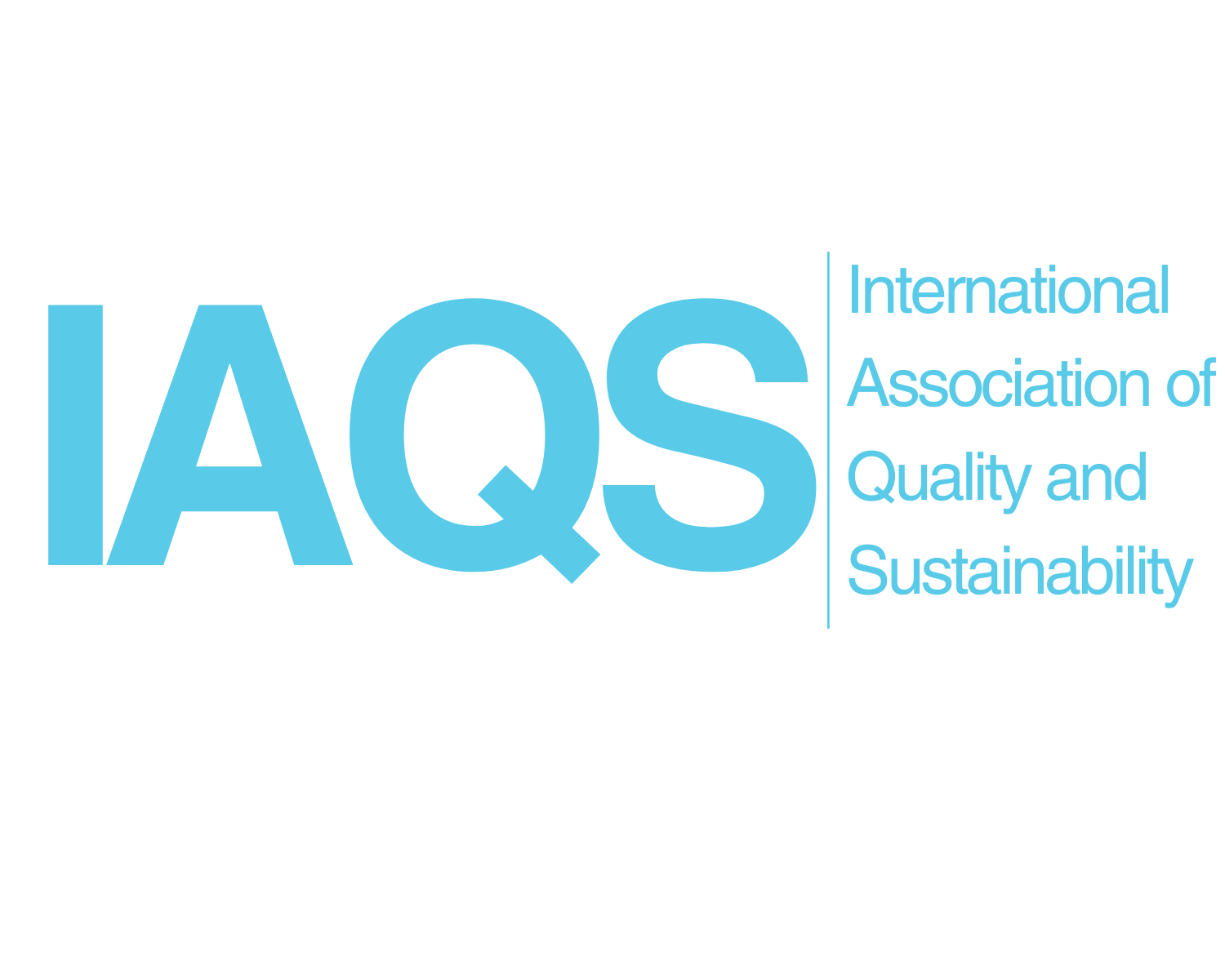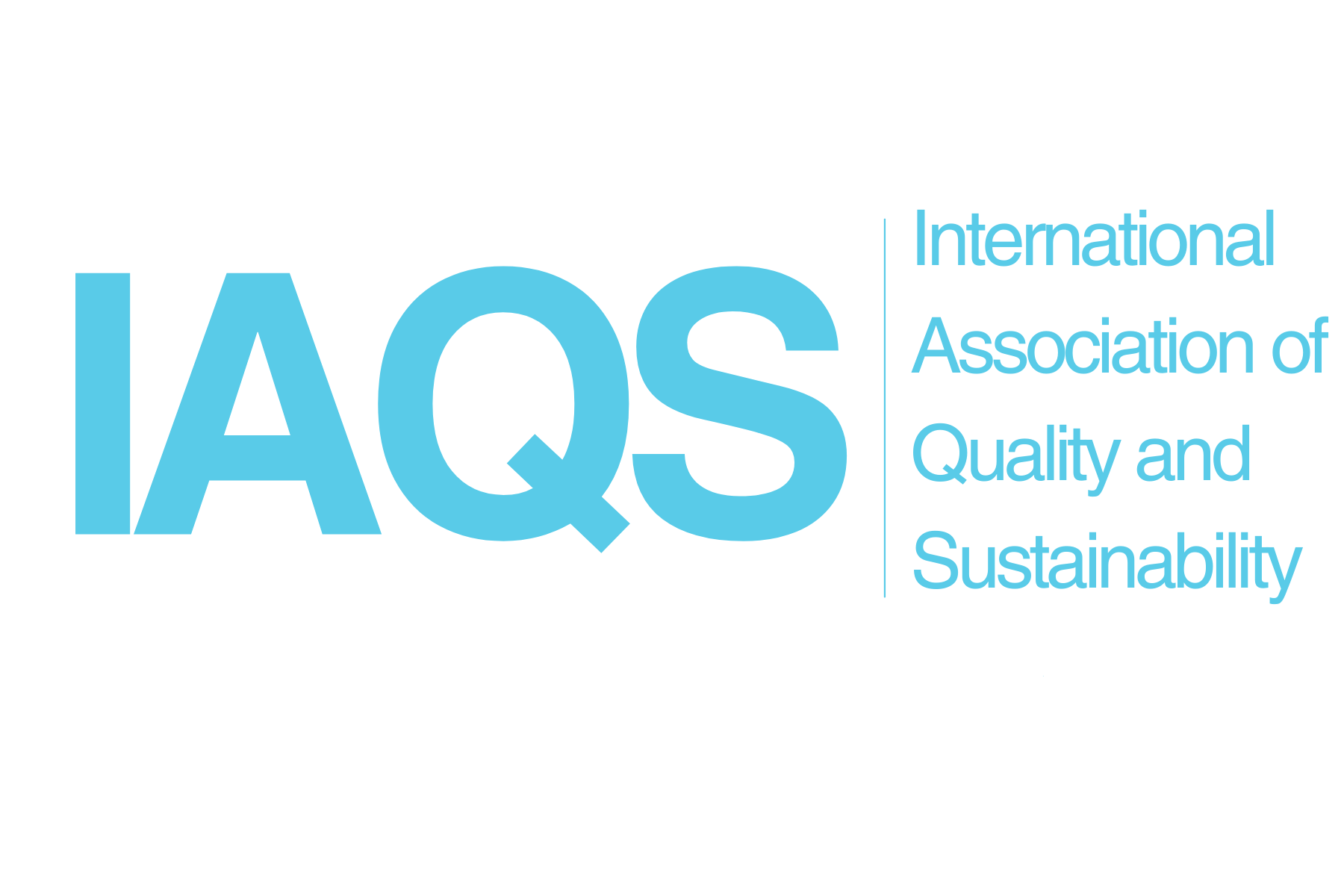Energy Storage: Powering the Future of Renewable Energy — One Standard at a Time
As the world races toward carbon neutrality, energy storage systems (ESS) have become the linchpin of a resilient, renewable-powered grid. But deploying these technologies at scale isn’t just about innovation—it’s about standardization, interoperability, and safety. That’s where International Standards play a critical role.
Energy storage enables us to capture excess renewable energy—solar at noon, wind at night—and dispatch it when needed, bridging the gap between production and consumption. But as battery systems become more complex and grid interconnections more dynamic, global standards ensure safety, performance, and scalability across industries and borders.
Let’s explore how key standards are shaping this landscape:
🔋 Battery Energy Storage & Vehicle Integration
ISO 15118-1:2019 – Road vehicles — Vehicle-to-grid communication interface
Defines protocols for bidirectional charging, enabling electric vehicles (EVs) to feed energy back to the grid. This standard is foundational for V2G solutions, unlocking grid-balancing services and peak-shaving benefits.ISO 18300:2016 – Electrically propelled vehicles — Lithium-ion battery systems combined with lead-acid batteries — Test specifications
Provides safety and performance benchmarks for hybrid battery systems, ensuring consistency in testing and compliance.IEC 62619:2022 – Safety requirements for secondary lithium cells and batteries for use in industrial applications
A vital standard for stationary lithium-ion battery installations used in commercial ESS.
🌞 Renewables and Storage System Interoperability
IEC 62933-1-1:2020 – Electrical energy storage (EES) systems — Terminology
Establishes a common language for ESS technologies, a critical starting point for regulation and standard development.IEC 62933-2-1:2017 – Unit parameters and testing methods for grid-connected EES systems
Specifies how to test and compare ESS units in grid-connected applications—ideal for procurement, certification, and project development.ISO/IEC 27019:2020 – Information security controls for the energy industry
As smart storage systems connect to IT and OT networks, cybersecurity standards like ISO/IEC 27019 become essential for protecting grid infrastructure.
📈 Why Standards Matter for Energy Storage Businesses
Whether you’re deploying grid-scale lithium batteries, creating V2G platforms, or building microgrids with thermal or flywheel storage, standards unlock trust and market access. They:
Guarantee interoperability between systems
Accelerate certification and compliance
Mitigate technical and legal risk
Provide a framework for tender specifications and investment decisions
🔮 Looking Ahead
Next-gen ESS solutions—powered by AI, advanced chemistries, and standard-based interoperability—are already here. Your competitive edge? Building with standards from day one.
Are you developing an energy storage solution? Let us help you align with ISO and IEC standards to reach global markets with confidence.
Subscribe now for technical updates, compliance guides, and tailored support for your standards-based energy project.

